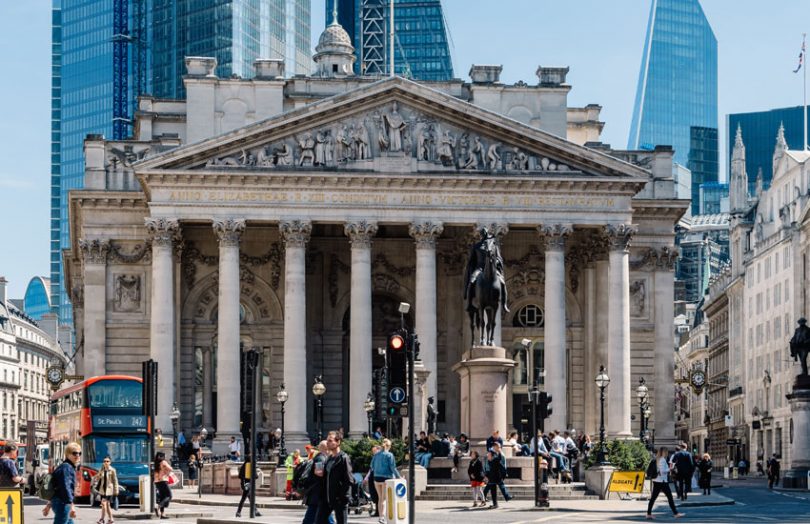Which central bank will hike rates first?
The inflation in many countries has increasingly gone up, so many people wonder which central bank will be the first one to hike rates?

Bank of England could be the first major central bank to hike rates in the upcoming cycle.
It is looking increasingly likely that the Bank of England will be the first major central bank to hike rates in the upcoming cycle. What’s more, it is looking more likely that the first hike will be next year.
Up until very recently, Mr. Steve Barrow, Head of Standard Bank G10 Strategy had thought that the BoE would not hike until the first half of 2023, but now thinks that the second half of 2022 is more likely. Meanwhile, the market is not really priced for this with the OIS market, for instance, currently putting a 38% probability on a hike at the August 2022 meeting. However, this assumes that the BoE would look to hike rates by 25 bps. Instead, the BoE could opt for a smaller 15-bps move to take the base rate up from 0.1% to where it was before at 0.25%. Thereafter, rate hikes could go back to 25bps at a time, unless there’s a need to really accelerate to 50-bps; something that is not beyond the bounds of possibility in our view.
Why do I take the view that the BoE will jump first? The trend of the actual data is one point of concern. Headline inflation is already up to 3.2% and, while that’s lower than the 5.3% that we see for the US CPI, the annual rate is likely to come down in the US but will continue to rise in the UK. The BoE estimates that annual inflation could be up to 4% by the turn of the year before it starts to fall and go back below the 2% target by the end of the 3-year forecast period. However, the peak could be higher and progress to the target much slower than the BoE imagines.
For instance, that there are still some big price increases coming down the track. Energy prices have been rising fast and will soar as companies make annual adjustments. The energy suppliers are constrained in how much they can lift prices by the energy regulator but some have already said that they will hike prices later this year by the maximum permissible and the others would follow suit. Brexit also represents a significant force for higher prices even if the government prefers to blame Covid-19.
BoE Governor Bailey said in testimony last week that it is hard to disentangle the two but Mr. Steve Barrow thinks that the government, for one, knows that Brexit is making a difficult situation on EU imports, and hence prices, far worse. For instance, the government has said recently that it will delay the imposition of border checks on agricultural and food products coming from the EU from January 1st next year to July 2022. It has done this because it rightly expects that such checks will cause enormous strains and, most likely, steep price rises as a result. It is one thing to have delays to nonperishables at the border, but the prospect of food products being stuck in containers because the right paperwork is missing or border guards are overwhelmed hardly bears thinking about when it comes to the inflation risks.
A third factor is surveys of expected inflation. The BoE notes that inflation expectations remain anchored among consumers but, as the Standard Bank has argued before, what do consumers know about the future course of inflation? Very little. Firms know a lot more, at least about the future price outlook for the goods they sell and buy and all these surveys scream out that price pressures are very intense. Of course, this may prove temporary but the danger is that if ‘temporary’ means a rise in annual CPI inflation to way above the 4% peak the BoE expects, there’s a danger that consumer inflation expectations will ratchet higher based on the only thing that consumers really know about future inflation – the current rate.
For these reasons and more, Mr. Steve Barrow suspected that the BoE would end its QE at year-end, resisting any temptation to push net bond purchases out in 2022. And, by the second half of next year, the Bank would be in place to announce the first rate hike, even if it is only a modest 15-bps in the first instance.








